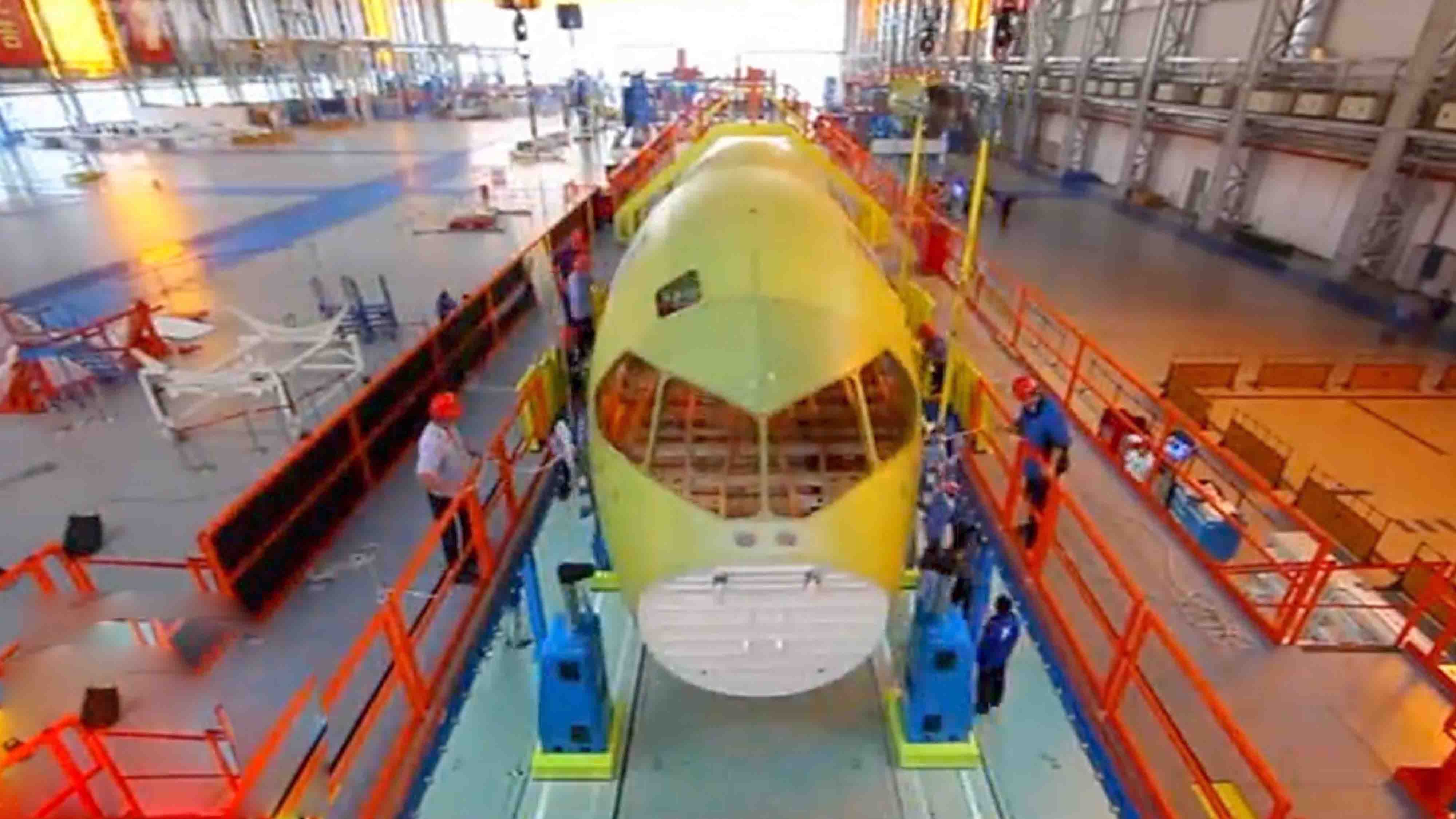
Business
20:40, 19-Mar-2018
China's state-owned firms prepare for global competition
by Wu Guoxiu

China is going to further open its economy to provide a world-class business environment.
The country's state-owned enterprises ( SOEs) which mostly grew amid a lack of competition will thus face a tougher climate. However, SOE advisers see the continued opening up as an opportunity.
One observation made about China's SOEs is that they control the country's most important sector but produce returns far inferior to their private peers.
It is a view shared by Chinese People’s Political Consultative Conference (CPPCC) member Sun Taili, who is also a private entrepreneur. "Some leaders in SOEs are not entrepreneurs, they are officials," he said. "They can be government ministers sometimes. They should know about the economy, technology and the market."
But some SOE leaders think differently. In 2017, Forbes Magazine said China had 81 SOEs listed in the world's top 500. The State Grid, the state-owned electric utility monopoly, stood second on the list.
Shu Yinbiao, board chairman of the State Grid Corporation of China, said, "We used to be a government organ. Reform since 2002 has remarkably stimulated our development. We cut our subsidiary levels from 6 to 2, remarkably saved management costs. But we still have to further cut our size; we have 1.7 million employees now, due to historical reasons."
China's combined SOE profits rose by 23.5 percent year-on-year to 2.9 trillion yuan last year, regarded as the best performance in recent years. As the country steers its economy away from an over-dependence on heavy industry and construction, the government is hoping SOEs are not only big, but also strong.
Its latest plan is to further improve SOE efficiency and competitiveness, moving towards mixed ownership and market-oriented management. The State Grid will seek private capital too.
"We'll introduce social capital to our new distribution business," Shu said. "We'll speed up mixed-ownership reform in our financial business and electric car charging business."
For the State Grid, he said further opening up also means the company gets more chances to develop overseas. "Our technology strength enables us to play a leading role under the Belt and Road Initiative. Our overseas capital has reached 65 billion US dollars, operating a backbone energy network in seven countries and regions. Our equipment has been exported to over 80 countries and regions," Shu said.
Another CPPCC member, Sun Zhaohui, from the Panzhihua steel company in southwest China, also regards competition as a stimulator.
"Since China entered the WTO in 2001, we found openness has dramatically lifted China's manufacturing industries, due to international competition. When there is a tiger running after us, we run faster,” he said.
China's state-owned enterprises are moving up the world's value chain. It's agreed that more openness will ultimately help upgrade their strength. But at present, they should aim to produce more high-tech and high-quality output, and reduce their size to be more efficient.

SITEMAP
Copyright © 2018 CGTN. Beijing ICP prepared NO.16065310-3
Copyright © 2018 CGTN. Beijing ICP prepared NO.16065310-3